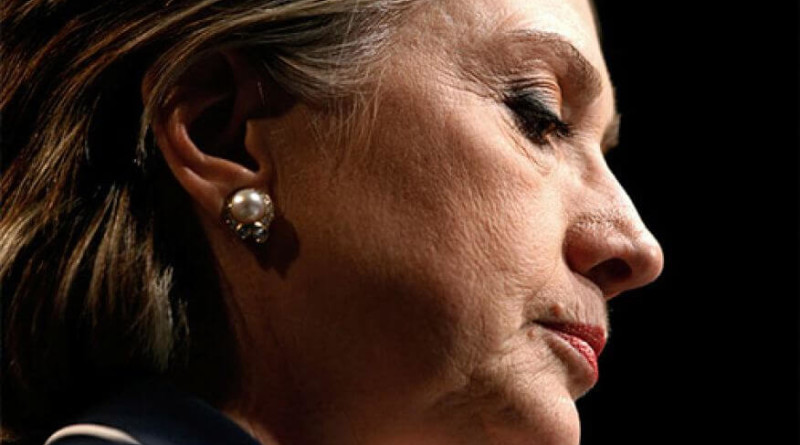Benghazi: The Saddest Truth
As originally appeared on Political Storm on July 1, 2016.
Two years later and over $7 million spent the House Select Committee on Benghazi released an 800 page report on Tuesday. The findings of the report echoed the reality of the Obama Administration’s mishandling of the terrorist attacks in Benghazi, Libya which took the lives of four Americans on September 11, 2012.
The details included in the report ranged from the following:
- Despite President Obama and Secretary of Defense Leon Panetta’s clear orders to deploy military assets, nothing was sent to Benghazi, and nothing was en route to Libya at the time the last two Americans were killed almost 8 hours after the attacks began. [pg. 141]
- With Ambassador Stevens missing, the White House convened a roughly two-hour meeting at 7:30 PM, which resulted in action items focused on a YouTube video, and others containing the phrases “[i]f any deployment is made,” and “Libya must agree to any deployment,” and “[w]ill not deploy until order comes to go to either Tripoli or Benghazi.” [pg. 115]
- A Fleet Antiterrorism Security Team (FAST) sat on a plane in Rota, Spain, for three hours, and changed in and out of their uniforms four times. [pg. 154]
- The administration’s policy of no boots on the ground shaped the type of military assistance provided to State Department personnel in Libya. The Executive Secretariats for both the Defense Department and State Department exchanged communications outlining the diplomatic capacity in which the Defense Department SST security team members would serve, which included wearing civilian clothes so as not to offend the Libyans. [pg. 60]
- Former Secretary of Defense Leon Panetta bluntly told the committee “an intelligence failure” occurred with respect to Benghazi. Former CIA Deputy Director Michael Morell also acknowledged multiple times an intelligence failure did in fact occur prior to the Benghazi attacks. [pg. 129]
These above findings, while troubling to read, make it thoroughly difficult to understand how such a folly of errors at the highest level of government could have occurred, especially on the watch of the head of Secretary of Defense. As the 2016 election heads into the final stretch, the Clinton campaign will work hard to sweep Benghazi under the rug and fellow Democrats will cry foul and claim the investigation into Benghazi was nothing more than a witch hunt. However, the facts remain, “President Obama and Secretary of Defense Leon Panetta gave clear orders for military support to be sent to Benghazi, yet no assets were sent.”
None of this should come as a surprise. The truth is, Benghazi, Libya, has been known to be a terrorist haven with Moammar Gaddafi at the helm. While there is still confusion surrounding the importance of the State Department’s presence in Benghazi, the risks and the ultimate price paid by those four Americans were not worth it. Prior to the attacks, Clinton was planning a trip to Libya in hopes of cementing her legacy as a major proponent of the intervention to topple Moammar Gaddafi, even if this meant ignoring warning signs that the facility was unsafe.
In the aftermath and throughout various committee interviews, high-level officials such as Leon Panetta and former CIA Deputy Director Michael Morell told the Committee the attacks in Benghazi were a result of an “intelligence failure”. The so-called “intelligence failures” left diplomatic outposts in other troubled parts of the world vulnerable to attack. Hillary Clinton was in charge, and she knew the risks but still proceeded to do nothing.
At the end of the day, the report by the House Select Committee on Benghazi served as a reminder of the failure of officials at the State Department, including Secretary Hillary Clinton, and their inability to take the appropriate action to protect Americans stationed in that country.
While it will be morning in America again, there will be the those four families who will go on to celebrate milestones and holidays with the void of a loved one they will never be able to fill. And the fact that it was preventable is by far the most tragic part of the Benghazi attack.

